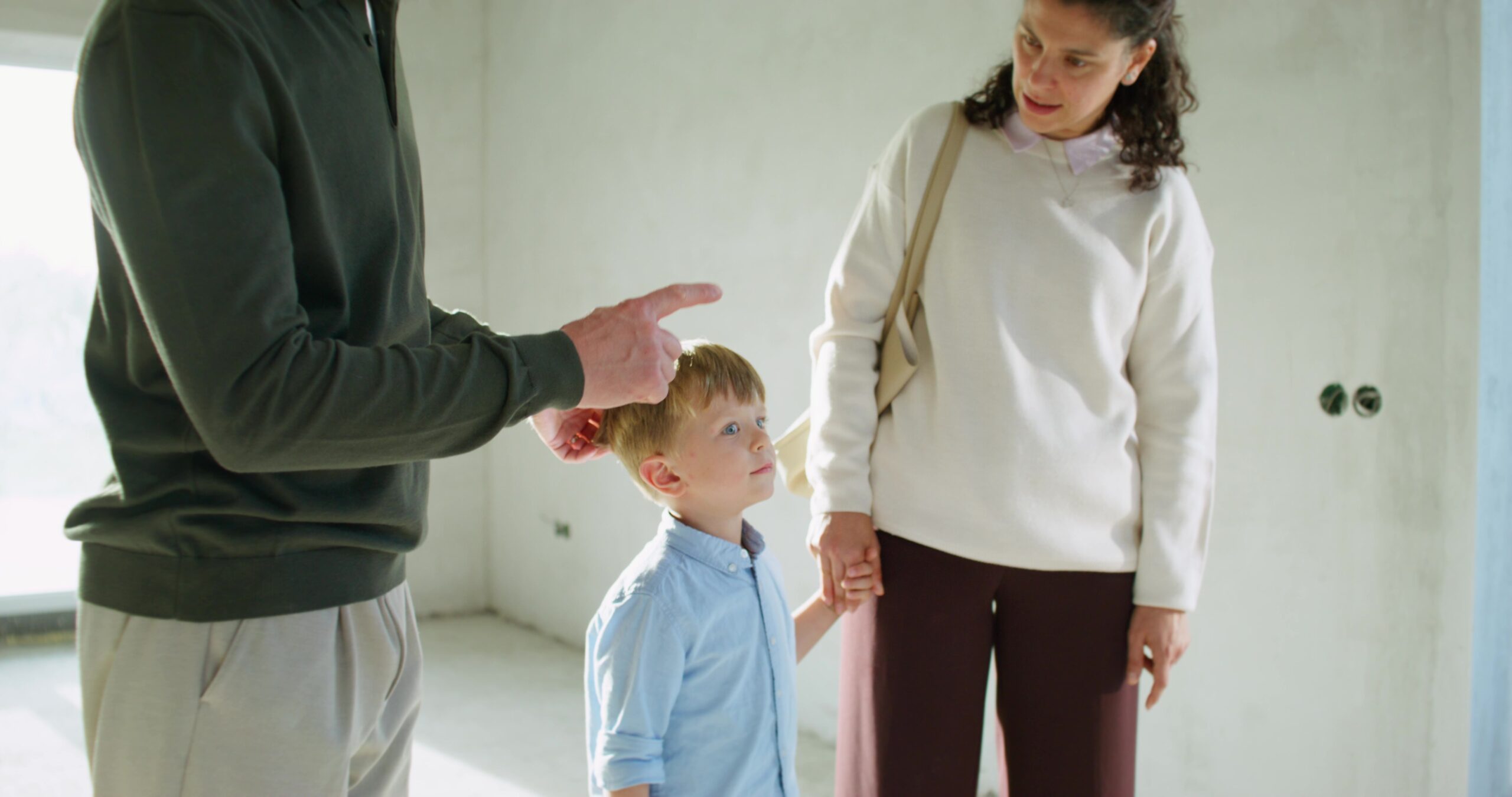What Are the Child Custody Regulations in Michigan?
In Michigan, custody determinations revolve around what’s best for the child. The law differentiates between legal and physical custody. Legal custody involves making key life decisions for the child, such as those about education and healthcare. Physical custody pertains to the child’s living arrangements. Courts may grant joint custody, sharing responsibilities between parents, or sole custody, where one parent holds primary responsibility. The emphasis is on maintaining strong bonds with both parents, so even when one is given primary custody, the other typically retains visitation rights. The overarching aim is to create a nurturing and consistent environment for the child.
Can a Child Decide Which Parent to Live With in Michigan After Divorce?
Unfortunately, the answer is not as simple as one might wish. The state prioritizes the child’s welfare, considering their preference but not letting it solely dictate custody outcomes.
What Factors Do Michigan Courts Consider in Custody Decisions?
Michigan courts consider various elements when determining custody. These factors include the emotional connections between the child and each parent, each parent’s capacity to provide love and guidance, and the child’s adaptation to home, school, and community. The physical and mental health of all parties is also evaluated. Additionally, the court examines each parent’s willingness to foster a relationship between the child and the other parent. A history of domestic violence or substance abuse can have a significant impact on custody rulings. The court’s ultimate goal is the child’s well-being and stability.
What Role Does a Child’s Preference Play in Michigan Custody Cases?
In Michigan, a child’s wishes can influence custody outcomes, but the weight of their choice varies with age and maturity. Generally, older children who can clearly express their reasons for favoring one parent may see their opinions taken more seriously. However, the child’s preference is not the ultimate deciding factor. The court scrutinizes the child’s reasoning to ensure it aligns with their best interests. If the child’s choice is swayed by pressure or manipulation, the court may disregard it.
How Does the Court Assess a Child’s Maturity and Insight?
When considering a child’s preference in custody matters, the court evaluates their maturity and understanding, which is crucial in determining the weight of their opinion. Factors such as age, the ability to provide a reasoned explanation for their choice, and comprehension of the situation are considered. For example, a teenager who articulates their preference with clarity might have their views considered more heavily than a younger child who may not fully understand the consequences of their choice. The court also assesses whether the child’s preference is grounded in sound judgment or influenced by external pressures like parental influence.
What Occurs If Parents Disagree on Custody Arrangements?
When parents cannot agree on custody terms, the court steps in to decide based on the child’s best interests. This involves a comprehensive evaluation of pertinent factors, including the child’s rapport with each parent and the stability each parent can provide. Any history of domestic violence or substance abuse is also considered. In certain cases, the court may appoint a guardian ad litem, a neutral representative for the child’s interests. This guardian conducts an independent review and offers recommendations to the court, serving as a vital asset in complex situations where the child’s needs are not immediately clear.
How Does Mediation Influence Child Custody Disputes?
Mediation can be a powerful tool in resolving custody conflicts. It involves an impartial mediator who assists parents in reaching consensus outside the courtroom. This process tends to be less confrontational and more cooperative, enabling parents to collaborate on a solution that prioritizes the child’s welfare. Mediation is often less time-consuming and costly than litigation. During mediation sessions, parents can voice their concerns and preferences in a structured setting. The mediator fosters dialogue and helps parents concentrate on the child’s needs rather than their disagreements. If parents arrive at an agreement, it can be submitted to the court for approval. Mediation is especially useful in high-conflict cases as it encourages cooperation and reduces antagonism.
How Can Parents Ensure Their Child’s Best Interests in Custody Disputes?
The central focus in any custody dispute should be the child’s best interests. Parents can actively demonstrate their commitment to their child’s welfare by maintaining a stable home environment, fostering a positive relationship with the other parent, and being engaged in the child’s life. Courts appreciate when parents put their child’s needs above personal grievances. Showing a readiness to cooperate with the other parent can positively influence custody outcomes.
How Can a Family Law Attorney Aid in Michigan Child Custody Cases?
Dealing with child custody issues can be overwhelming and emotionally draining. A family law attorney can offer critical support in these situations. They help clients comprehend their rights and obligations under Michigan law and navigate the legal landscape. A seasoned attorney can represent your interests and construct a persuasive case for the court. They collect evidence, draft legal documents, and negotiate with the opposing party to achieve a favorable resolution. If needed, they advocate for you in court, ensuring your voice is heard. If you’re facing a child custody dispute in Michigan, reach out to Bailey & Terranova, P.C., today at 517-236-7187 for a free consultation.



